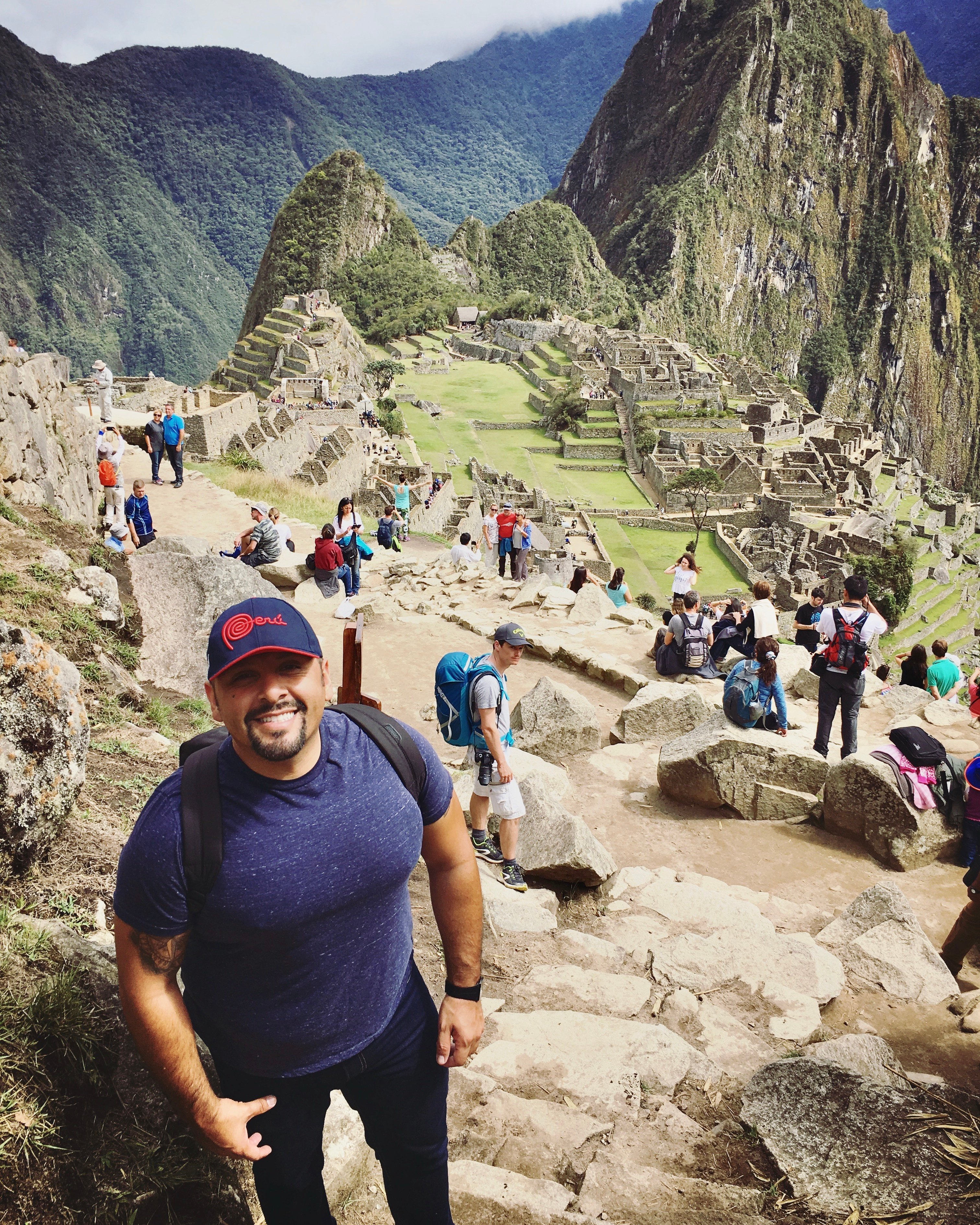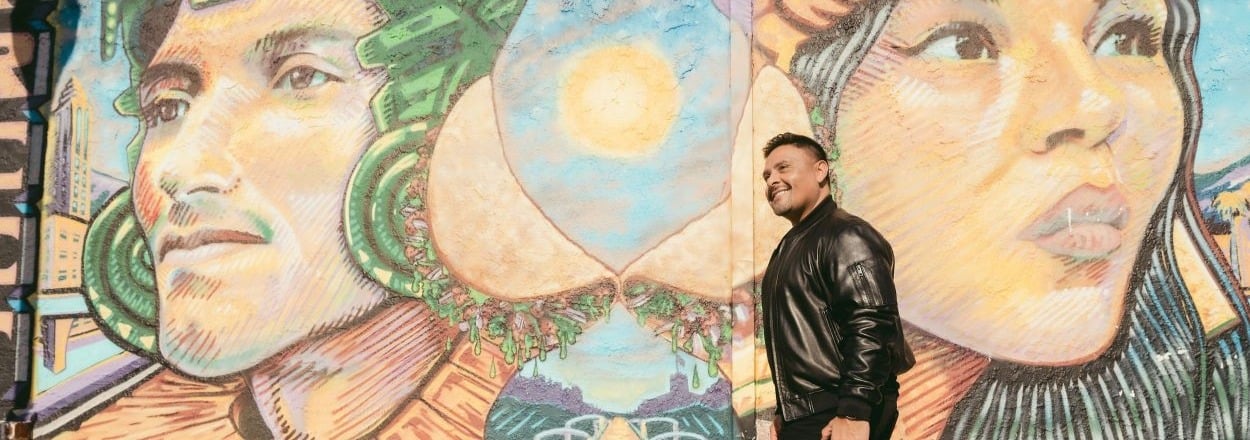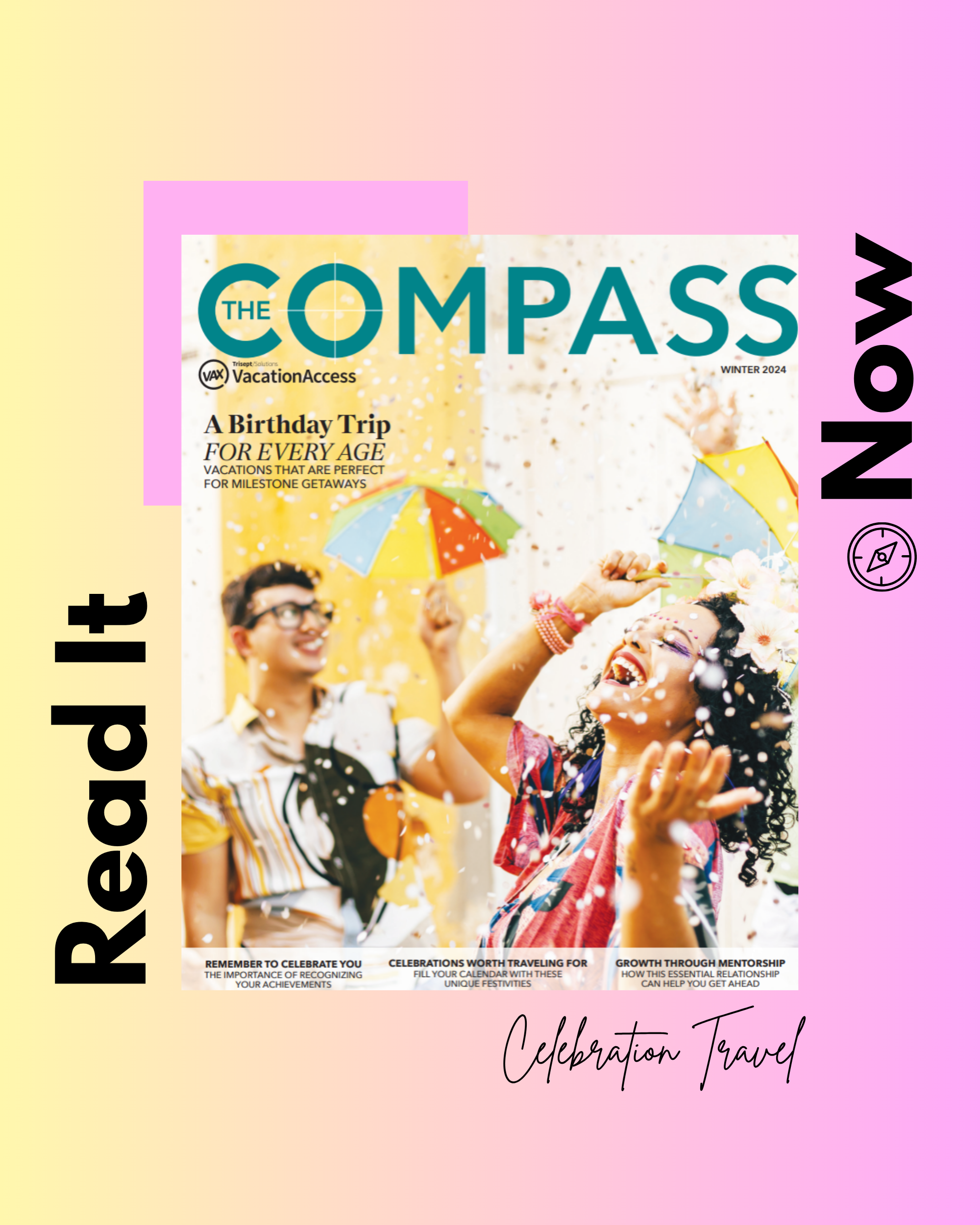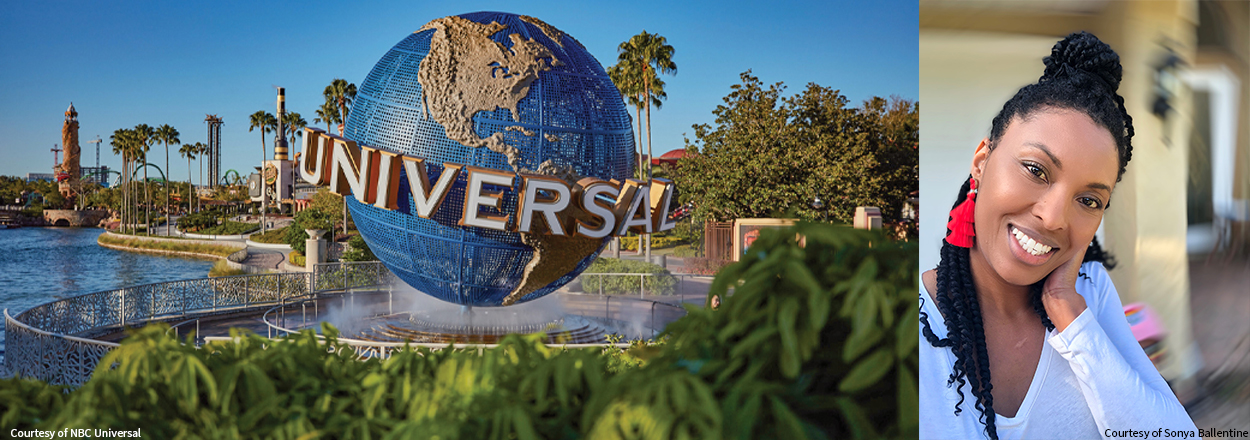Traditionally, travel and tourism has portrayed a certain image. An image of leisure, of luxury, of privilege. It catered to a demographic of high earners, people who fit into a certain bucket and looked a certain way. However, according to Danny Guerrero, CEO and founder of The Culturist Group, the face of travel is changing.
Hailing from sunny San Diego, Guerrero always knew he’d fall into the travel industry. He worked his first jobs at SeaWorld San Diego and the San Diego Zoo before holding various roles with tourism authorities, DMOs, ad agencies and more. He fell in love with the people and perks of travel. However, he encountered some uncomfortable truths along the way.
“I was different than other people in the way that I crossed different cultures,” he said. “I always felt like I didn’t really acknowledge and wasn’t comfortable bringing my identity to work.” As a self-described gay, brown, first generation, socio-economically not very privileged person, Guerrero’s lived experience varied from those the industry sought to attract. “I started to question it,” he said. “I started to say, wait a minute, I see I’m different in that I grew up in the industry and was lucky enough to travel the world to amazing places. I don't see very many people like me in those places. I don't think there are many people like me in these rooms, in these seats, deciding how these campaigns should look.”
This observation led Guerrero to consult his peers, with a big “ah-ha” moment coming in the form of the Diversity in Travel Scorecard, a project led by Martinique Lewis, president of Black Travel Alliance, that ranked mostly Ds and Fs. “I was like, this is a thing,” he said. “And the way I’m feeling about this is validated by people like her who are noticing it.”
Interestingly, while travel struggled to become more inclusive, the advertising world at large was adapting. “I started looking at other industries — entertainment, consumer, automotive, finance — who had been doing a lot of work around multiculturalism and inclusivity,” he said. “When companies like Procter & Gamble started realizing the face of America was changing, they started creating products and messages that spoke to people the way they wanted to be spoken to. And I was like, that’s never been travel, travel’s been like one voice, one general approach.”

Having earned the trust of global brands and destinations, Guerrero felt pressure to step up. “I started to raise my hand, raise my voice, (I was) very nervous about it,” he said. However, with the aid of modern psychographics and demographics, Guerrero pointed to the data to paint a clearer picture for his clients. He encouraged them to diversify their panels and ask questions like “do you feel welcome,” “do you feel safe,” to more diverse groups.
“When I would ask, ‘why aren’t we targeting Black (or) Hispanic people?’ they’d say, ‘well, they don’t travel as much,’ ‘they don’t spend as much money’ or ‘they just go here’ … And I (was like) we’re not a monolithic group, we need to do better until we can actually get the insights we need to affect change, affect the way campaigns are developed, the way travel products are sold and operated and built.”
Guerrero continued asking “why,” and in 2022, he founded The Culturist Group, the first multicultural and inclusive marketing practice created for travel brands. However, while we’ve talked a lot about brands and destinations, Guerrero says there are things travel advisors can do to support a more inclusive industry too. “It’s really about removing barriers. How do we make travel more prosperous for everybody?” he said. “For travel advisors, how can they remove misconceptions or misconceived notions about who wants what, or where a traveler belongs?”
To do this, advisors need to understand clients on a deeper level, something Guerrero says works toward cultivating “cultural joy.” “One of the biggest things we found in surveying the emotions of intersectional, diverse customers was this notion of cultural joy and the joy we feel when we overcome anxiety, stresses or fears about going somewhere new or different because we may feel we’re not welcomed or we aren’t safe, to the point where you’re actually being your true self and enjoying the experience,” he said.
That’s what’s important. And while the future of travel looks different, Guerrero wants advisors to know they don’t need to abandon its roots. “There’s still a place for luxury travel,” he said. “This approach to travel marketing only creates more avenues for more business.”
Originally appeared in the Winter 2024 issue of The Compass magazine







comments